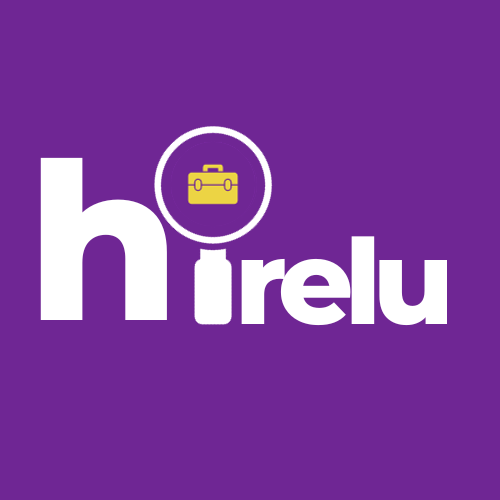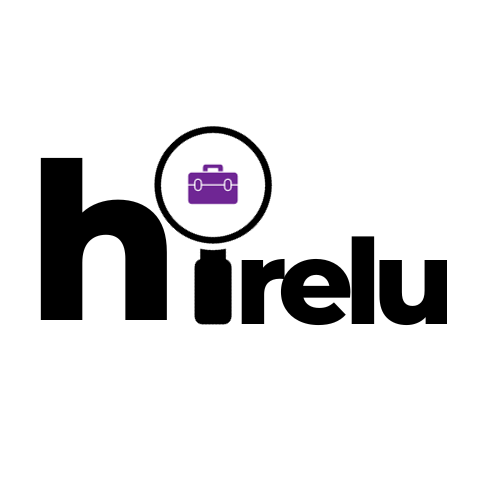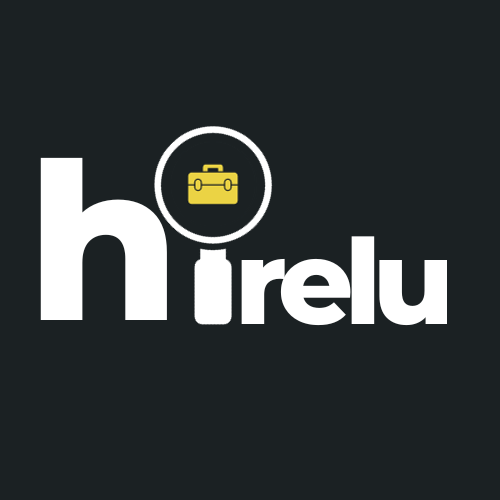Resume writing is a crucial skill that every job seeker should master. A well-written resume can make all the difference in getting noticed by potential employers and securing an interview. It serves as a marketing tool that showcases your qualifications, skills, and experiences to convince employers that you are the right fit for the job. In this article, we will explore the importance of a well-written resume, understand the basics of resume writing, discuss the dos and don’ts, and provide tips on how to highlight your qualifications and skills effectively.
Key Takeaways
- A well-written resume is crucial for job seekers to stand out in a competitive job market.
- Understanding the basics of resume writing, such as using action verbs and quantifying achievements, is essential.
- Choosing the right resume writing service can help job seekers create a professional and effective resume.
- Dos and don’ts of resume writing include tailoring the resume to the job description and avoiding cliches.
- Highlighting qualifications and skills, crafting a compelling professional summary, and formatting the resume effectively are key to creating a strong resume.
The Importance of a Well-Written Resume
A well-written resume is essential in today’s competitive job market. It is often the first impression that employers have of you, and it can determine whether or not you get called for an interview. A poorly written resume can easily get overlooked, no matter how qualified you may be for the position.
A well-written resume serves as a marketing tool that highlights your qualifications and skills. It allows you to showcase your relevant experiences, education, and achievements in a concise and organized manner. It gives employers a clear picture of what you can bring to the table and why you are the best candidate for the job.
Understanding the Basics of Resume Writing
To write an effective resume, it is important to understand the fundamental elements that should be included. These elements include the header, objective statement, work experience, education, and skills sections.
The header should include your name, contact information, and professional title or objective statement. The objective statement should be tailored to the specific job you are applying for and should highlight your career goals and what you can bring to the company.
The work experience section should list your previous jobs in reverse chronological order, starting with your most recent position. Include the company name, job title, dates of employment, and a brief description of your responsibilities and achievements in each role.
The education section should list your educational background, including the name of the institution, degree earned, and dates of attendance. If you have any relevant certifications or additional training, include them in this section as well.
The skills section should highlight your relevant skills and qualifications that are applicable to the job you are applying for. This can include technical skills, soft skills, and any other abilities that make you a strong candidate for the position.
When organizing and structuring these sections, it is important to keep them concise and easy to read. Use bullet points to highlight key information and use a consistent format throughout the resume.
Choosing the Right Resume Writing Service
| Factors to Consider | Importance | Rating (1-10) |
|---|---|---|
| Experience of the Writer | High | 8 |
| Customization of Resume | High | 9 |
| Turnaround Time | Medium | 6 |
| Price | Medium | 7 |
| Reviews and Testimonials | High | 9 |
| Additional Services Offered | Low | 4 |
While it is possible to write your own resume, hiring a professional resume writer can provide several benefits. A professional resume writer has expertise in crafting resumes that are tailored to specific industries and job roles. They can help you highlight your strengths and accomplishments in a way that will resonate with potential employers.
When choosing a resume writing service, it is important to do your research. Look for a service that has positive reviews and testimonials from satisfied clients. Consider their experience and expertise in your specific industry or job role. It is also important to consider the cost of the service and whether it fits within your budget.
The Dos and Don’ts of Resume Writing
When writing a resume, there are several dos and don’ts to keep in mind. Here are some key points to consider:
– Do tailor your resume to the specific job you are applying for. Customize your objective statement, work experience, and skills sections to highlight the most relevant information for the position.
– Don’t use generic language or cliches. Instead, use specific and concise language to describe your experiences and accomplishments.
– Do include quantifiable achievements whenever possible. Use numbers and percentages to demonstrate the impact of your work.
– Don’t include irrelevant information. Stick to relevant experiences, skills, and qualifications that are applicable to the job you are applying for.
– Do proofread your resume carefully. Check for typos, grammatical errors, and formatting issues. It is also a good idea to have someone else review your resume for feedback.
How to Highlight Your Qualifications and Skills

To effectively showcase your qualifications and skills, it is important to use action verbs and provide quantifiable achievements. Action verbs help to make your resume more dynamic and engaging. Instead of saying “responsible for,” use action verbs such as “managed,” “led,” or “implemented” to describe your responsibilities and accomplishments.
Quantifiable achievements help to demonstrate the impact of your work. Instead of saying “increased sales,” provide specific numbers and percentages to show the extent of your success. For example, “increased sales by 20% in the first quarter.”
When highlighting your skills, be sure to include both technical skills and soft skills. Technical skills are specific abilities that are relevant to the job you are applying for, such as proficiency in a particular software program or coding language. Soft skills are personal qualities and attributes that make you a strong candidate, such as communication skills, problem-solving abilities, or leadership qualities.
Crafting a Compelling Professional Summary
A professional summary is a brief statement at the beginning of your resume that summarizes your qualifications and career goals. It should be tailored to the specific job you are applying for and should highlight your most relevant experiences and skills.
A strong professional summary should be concise, engaging, and focused on what you can bring to the company. It should provide a clear picture of your qualifications and why you are the best candidate for the job.
Here is an example of a strong professional summary:
“Results-driven marketing professional with 5 years of experience in developing and implementing successful marketing campaigns. Proven track record of increasing brand awareness and driving customer engagement through strategic digital marketing initiatives. Skilled in social media management, content creation, and data analysis. Strong communication and leadership abilities. Seeking a challenging marketing role where I can leverage my skills and expertise to drive business growth.”
Tailoring Your Resume to the Job Description
One of the most important aspects of resume writing is tailoring your resume to the specific job description. Employers are looking for candidates who closely match the requirements and qualifications outlined in the job posting.
To tailor your resume, carefully analyze the job description and identify the key skills, qualifications, and experiences that are required for the position. Then, customize your objective statement, work experience, and skills sections to highlight the most relevant information.
For example, if the job description emphasizes strong project management skills, be sure to highlight any relevant project management experience you have in your work experience section. If the job requires proficiency in a specific software program, include that in your skills section.
By tailoring your resume to the job description, you are showing employers that you have taken the time to understand their needs and that you are a strong fit for the position.
Formatting and Design Tips for Your Resume
The formatting and design of your resume are important factors in making a good impression on potential employers. Here are some tips to keep in mind:
– Use a clean and professional layout. Avoid using excessive colors, fonts, or graphics that can distract from the content of your resume.
– Use a consistent format throughout your resume. Use the same font style and size for headings and body text. Use bullet points to organize information and make it easier to read.
– Keep your resume concise and easy to scan. Use short paragraphs or bullet points to highlight key information. Use headings and subheadings to break up sections and make it easier for employers to find relevant information.
– Use white space effectively. Leave enough space between sections and paragraphs to make your resume visually appealing and easy to read.
– Save your resume as a PDF file to ensure that the formatting remains intact when it is opened on different devices.
Finalizing Your Resume: Proofreading and Editing Techniques
Before submitting your resume, it is important to proofread and edit it carefully. Here are some techniques to help you catch errors and make improvements:
– Read your resume out loud. This can help you catch any grammatical errors or awkward phrasing.
– Use spell check and grammar check tools to catch any typos or grammatical mistakes.
– Have someone else review your resume for feedback. They may be able to catch errors or provide suggestions for improvement.
– Check for consistency in formatting and style. Make sure that headings, fonts, and bullet points are consistent throughout your resume.
– Remove any irrelevant or outdated information. Keep your resume focused on the most relevant experiences, skills, and qualifications.
In conclusion, mastering the art of resume writing is essential for job seekers who want to stand out in today’s competitive job market. A well-written resume can make all the difference in getting noticed by potential employers and securing an interview. By understanding the basics of resume writing, choosing the right resume writing service, following the dos and don’ts, highlighting your qualifications and skills effectively, crafting a compelling professional summary, tailoring your resume to the job description, formatting and designing your resume effectively, and finalizing your resume with proofreading and editing techniques, you can create a strong and effective resume that will help you land your dream job. So take the time to apply these tips and techniques to create a resume that will impress potential employers and increase your chances of success in the job search process.
If you’re looking to enhance your resume writing qualifications, you may find this article on Hirelu.com helpful. It discusses the importance of having a professional domain name for students and provides tips on choosing the best one. A strong online presence can greatly impact your job search, and having a personalized domain name can make you stand out from the competition. Check out the article here to learn more about this valuable aspect of resume building.





